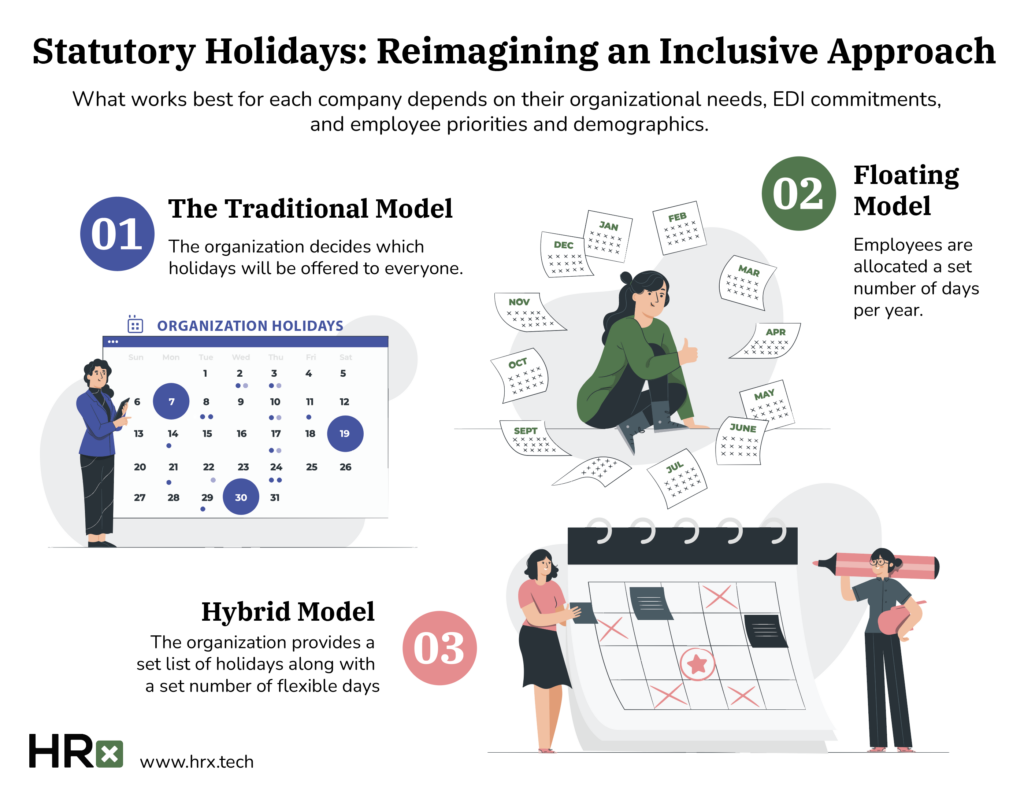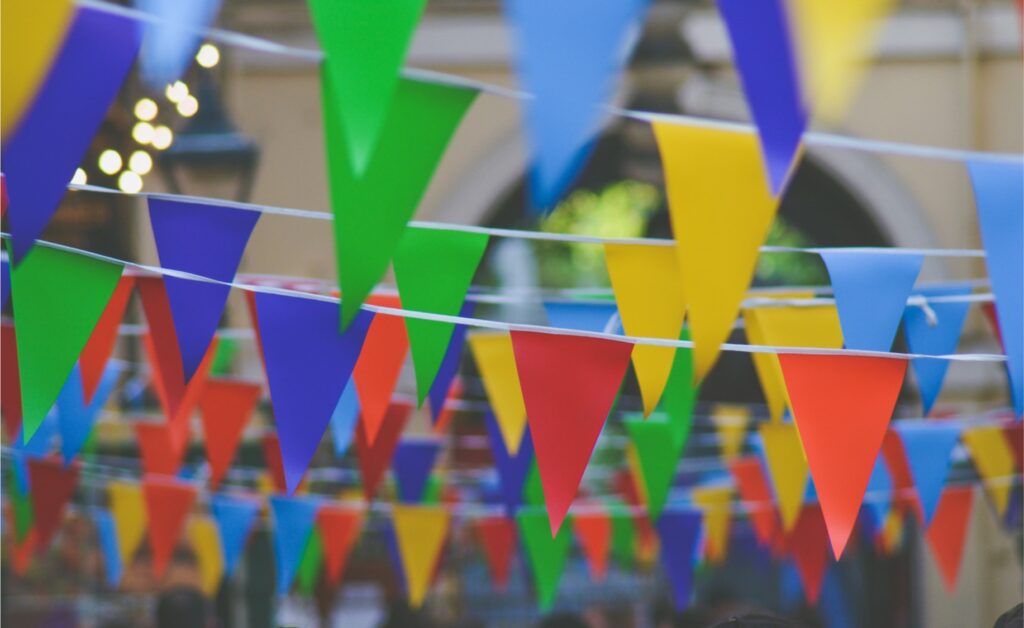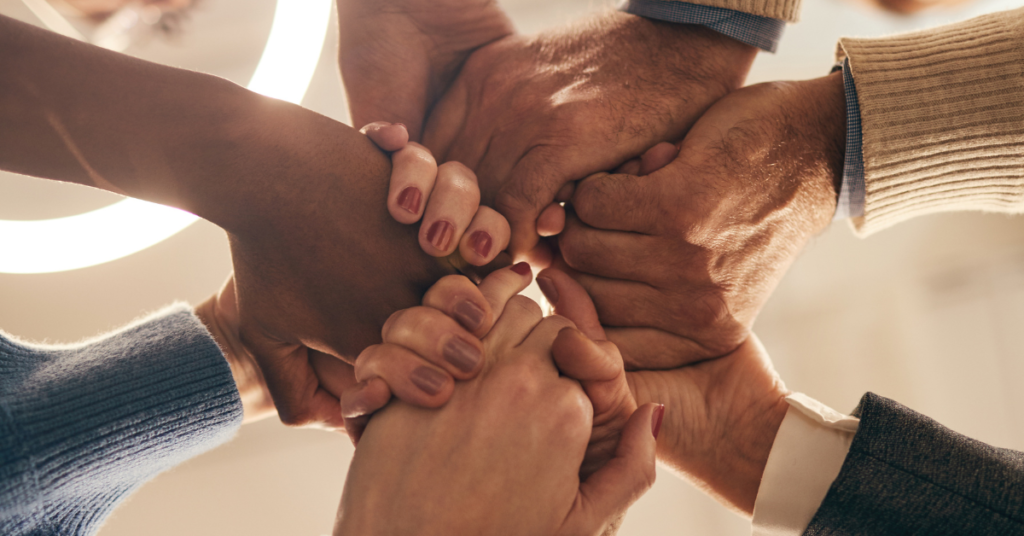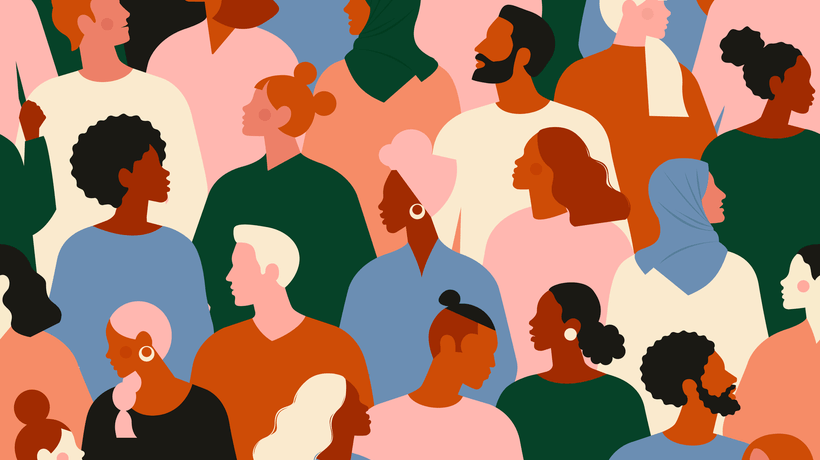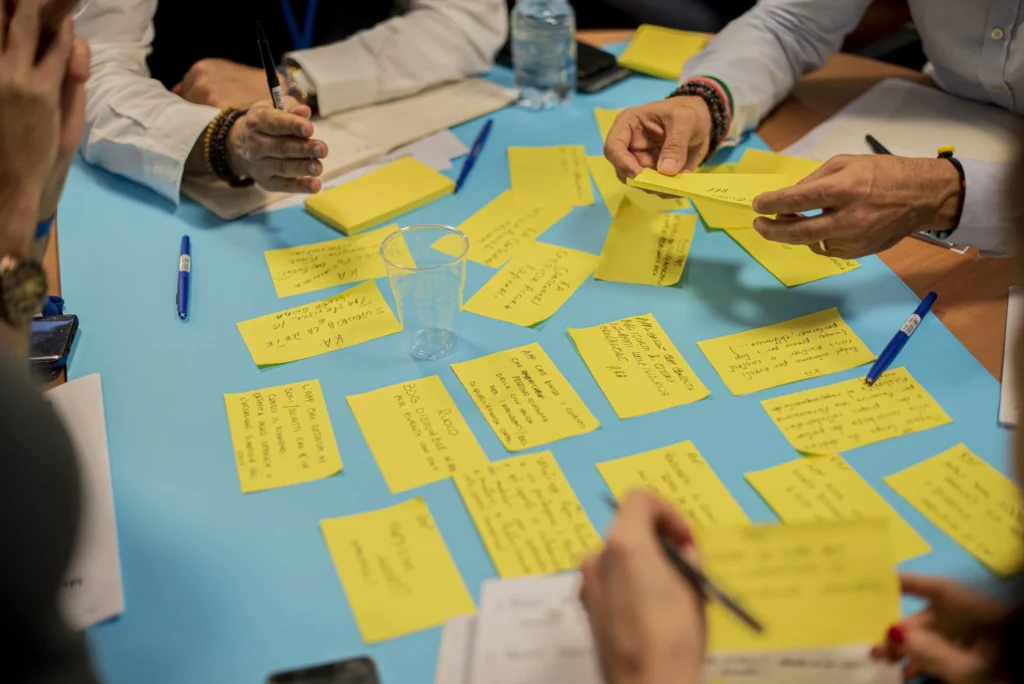Several times a year employees across North America are granted days off to observe statutory holidays, but what are these statutory holidays about? What about folks who would prefer to take a different day off to celebrate a cultural or religious holiday that is not a recognized stat?
This year, we encourage all Canadians to take a moment of pause when it comes to Victoria Day. Do you know what this holiday is about? Can we celebrate in more meaningful ways?
What does this Day Represent?
Since 1845, Victoria Day has been a Canadian federal statutory holiday. Celebrated on the birthday of the former Queen of the United Kingdom (UK), Queen Victoria, the holiday represents a history of British rule and our present day connection to the UK through Canada’s membership in the modern commonwealth.
Victoria Day joins Canada Day and Thanksgiving Day as some of Canada’s most celebrated holidays with colonial roots. Around the world, holidays are used as a nation building tool to create a historical narrative and national identity. In Canada and the United States, these narratives often portray a much more positive image than the reality of colonization and discrimination imposed on Indigenous Peoples, Black people, and people of colour.
In the United States, these holidays include Independence Day (4th of July), Thanksgiving Day, Columbus Day and some state holidays such as Robert E. Lee Day, for example. While many use these holidays as fun opportunities to relax and spend time with loved ones, for those who have been subject to colonization and its effects, these days can be reminders that the government and many Canadians and Americans ignore the reality of colonization and its effects.
Holidays like Victoria Day, Canada Day and Thanksgiving Day are inseparable from British, French, and Canadian colonial rule and genocide against Indigenous Peoples on Turtle Island (North America) and people from across the world.
In Canada and the United States, more people are starting to question the value of these holidays, and honour those impacted by colonization through protest:
- #Cancel Canada Day: “We will not celebrate on stolen Indigenous land and stolen Indigenous lives. Instead we will gather to honour all of the lives lost to the Canadian State – Indigenous lives, Black Lives, Migrant lives, Women and Trans and 2Spirit lives – all of the relatives that we have lost. We will use our voices for MMIWG2S, Child Welfare, Birth Alerts, Forced Sterilization, Police/RCMP brutality and all of the injustices we face. We will honour our connections to each other and to the Water, Land, and Sky.”
- Jeff Ward, who runs Animikii Indigenous Technologies in Victoria (and seeks alternative approaches to stat holidays), says it “doesn’t get much more colonial than Victoria Day.” This day marks the birthday of a queen who oversaw expansion of the British Empire until fully one quarter of the world’s population was under British control. Historians have documented extensively the violence, dispossession, and exclusions faced by local populations in this empire.
- F**k Fourth of July: The only independence day I recognize is Juneteenth. Author and podcast host Touré writes that “Independence for who? It wasn’t independence for Black people, for our ancestors, so why would we celebrate the Fourth of July? And it isn’t merely that Americans owned slaves at the time when America became independent, it’s that slavery was completely wrapped up in the movement to become independent.”
Colonization and its effects are still present in Canada today, making the celebration of these colonial holidays harmful. This Victoria Day, we encourage you to consider the perspectives of those who have been negatively affected by the government of Canada, the British Empire, the French empire, and the Catholic Church.
Holidays as an Opportunity for Allyship
When planning your celebrations and observances (of these specific holidays and holidays in general), take a moment and ask yourself, your family and your colleagues:
- What is the history of this holiday and what does it represent?
- What are we actually celebrating?
- Which parts of this holiday are helpful and which parts are harmful?
- Can we observe this holiday in a mindful way?
How can we use this holiday as an opportunity for allyship, giving back and educating others about the effects of colonization? This Victoria Day, read about the history of this statutory holiday, consider attending workshops, visiting museums, galleries and exhibits, supporting Indigenous businesses, hosting or attending a read aloud, and donating to good causes and grassroots organizations. Ensure that you are acknowledging the holiday’s complicated history, learning about the holiday and the effects of colonization and acting in solidarity with Indigenous Peoples and marginalized groups.
Interested to continue your learning on inclusive holidays? Want to better support your colleagues and observe holidays in a more inclusive way? Read Inclusivity’s newest guide: “Statutory Holidays: Best Practices for Inclusivity”.
